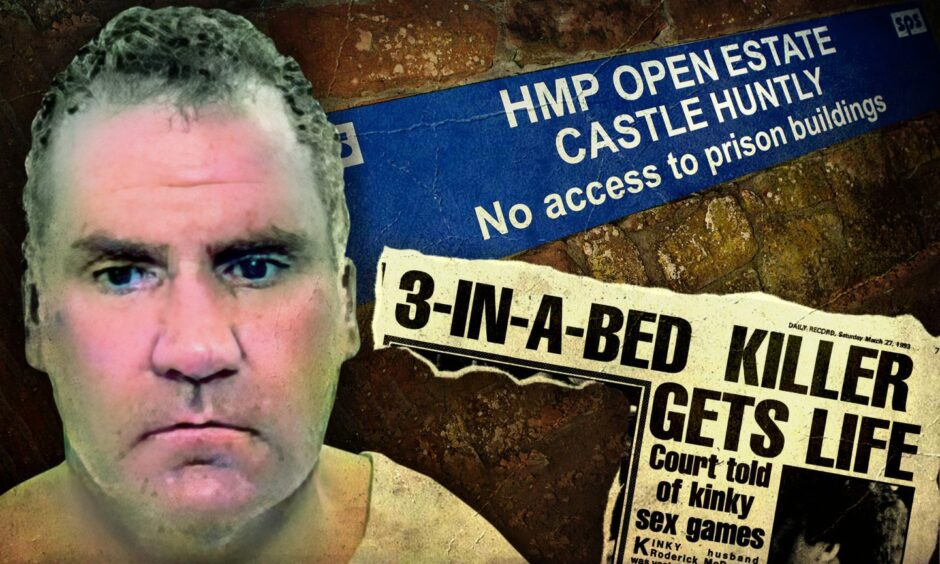
Roderick McDonald was the three-in-a-bed strangler who fled Castle Huntly open jail — only to kill again during his time on the run.
McDonald — 49 when he escaped in May 2005— was serving life for the murder of his wife following a High Court trial in Edinburgh in 1993 that quickly became tabloid fodder and saw him dubbed by the red tops as the Kinky Killer.
Both he and his wife Elizabeth had affairs with his former Army friend Graham Russell and the trio had regular threesomes on Sunday nights — following drinking sessions and games of strip poker — before she eventually walked out on her husband.
McDonald told the court his wife had banned three-in-a bed sex sessions and only agreed to return on condition he finish his 19-year relationship with Mr Russell.
McDonald then strangled Elizabeth in bed after agreeing to end their sex games.
He dialled 999 on November 23 1992 and told police he had no memory of killing his wife and had awoken to find her dead in bed beside him with his arm round her neck.
The jury of eight men and seven women returned a majority verdict of guilty and McDonald was sentenced to life imprisonment with a minimum term of nine years.
McDonald made headlines in Dundee
McDonald was sent to HMP Greenock before he was moved to Castle Huntly open prison in Longforgan to be gradually introduced into the outside world again.
However, he rather blotted his copybook in December 2002.
McDonald had been on weekend leave in Dundee when he lost control of a car in Loons Road which mounted the kerb and collided with a fence and a sign post.
He scarpered.
Police traced him the next day and he was arrested and charged.
McDonald returned to the dock.
Solicitor Ian Houston told Dundee Sheriff Court that McDonald thought that by committing an offence of careless driving his status in prison might be adversely affected, so he panicked and left the scene.
Mr Houston said McDonald “would not be released in the foreseeable future”.
Sheriff Alastair Stewart fined him £300 and banned him from driving for a year.
McDonald then requested no time to pay and was sent to prison for 14 days.
Going on the run to Blackpool
He later absconded from Castle Huntly after being refused parole but it was not until December 2006 that it was revealed he was on the run when police issued a brief appeal for information on his whereabouts.
He was last seen wearing a black jumper, blue polo shirt and blue denim jeans.
At the time, assistant director of prisons Derek McGill gave an unqualified assurance that, as a result of the assessment process, “prisoners who have absconded from open prisons do not pose a serious risk to the public”.
But his words would come back to haunt him.
The Evening Telegraph started digging and discovered McDonald had been living secretly in Blackpool where he was working as a barman in a gay sauna called Aqua.
He was going under the assumed name of Craig.
A co-worker told them: “We had no idea he was who he was.
“It was a shock to us all.
“He’d been working here for a while and seemed a nice decent guy.
“He seemed to get an inkling the police were on to him. One night he finished his shift, packed all his stuff and disappeared.”
Tragedy followed McDonald again
McDonald had now moved to London.
He claimed his next victim on Valentine’s Day 2007 in Belgravia.
Acioli Pariz-Junior was stabbed to death in the Westminster House Hotel.
McDonald was arrested in Brighton by Met officers after the 29-year-old Brazilian was discovered tucked up in bed in a suite with two stab wounds to the stomach.
McDonald was remanded in custody after appearing at Westminster Magistrates’ Court and was due to appear at the Old Bailey on May 31 2007, after denying murder, claiming he had stabbed Mr Pariz-Junior in self-defence.
According to the prosecution, Mr Pariz-Junior and McDonald started a relationship in Blackpool where the Brazilian had lived until January 2007 before moving to London.
The next life McDonald took was his own.
He was found hanging by his bed sheet from his cell bars at Brixton prison on February 27 2007, after leaving a suicide note to Mr Pariz-Junior’s family.
It read: “He loved me as I loved him – please forgive me in your heart.”
‘McDonald was a jilted lover’
DI Colin Wetherall, Homicide and Serious Crimes Commander for the Met Police, said Mr Pariz-Junior had tried to end the relationship – favouring another lover he met on the internet living in Regent’s Park.
He said: “McDonald was a jilted lover.
“We caught him after he fled to Brighton following the attack.
“McDonald admitted to the killing before he hung himself – and, in my opinion, it is very likely he committed murder in anger at being rejected.”
A post-mortem revealed Mr Pariz-Junior had been beaten and stabbed.
Westminster coroner Dr Paul Knapman said: “He (McDonald) moved to an open prison in 2005 and just walked out.
“How a convicted murderer ends up in an open prison is anyone’s guess.”
An inquest heard a number of procedural failings took place before McDonald’s death.
McDonald was not referred for a mental health examination necessary for all murder and manslaughter suspects, despite seeing both a GP, nurse and prison officer on the day he entered the prison, the jury was told.
A lower staff-to-prisoner ratio than there should have been also meant prison officers were “too busy” to check on McDonald – on hourly watch because he was a high-risk prisoner – for at least two hours before he was found dead at noon in his cell.
Open prison system defended
Questions were also being asked of the Scottish Prison Service following McDonald’s death with the suggestion that the criteria for admission to the open estate were too lax.
Speaking to the Evening Telegraph, Ian Whitehead, who had been in charge of Castle Huntly and Noranside since 2002, accepted they “don’t always get it right”.
“It’s not just the case we take people in, cross our fingers and hope for the best,” he said.
“If people don’t want to engage, I get fed up with them and they go.
“Is it any surprise there is the potential for individuals to abscond, and to commit crime?
“I’m not saying I shrug my shoulders at that – we do everything humanly possible to take account of any factors affecting absconding risk and what they might do.
“Some of those we are talking about here, who have absconded and done something bad, did everything expected of them and more when in closed conditions. It’s not an exact science.
“This notion that it is like a summer camp – that the people here are playing at running a jail.
“It just ain’t so.”
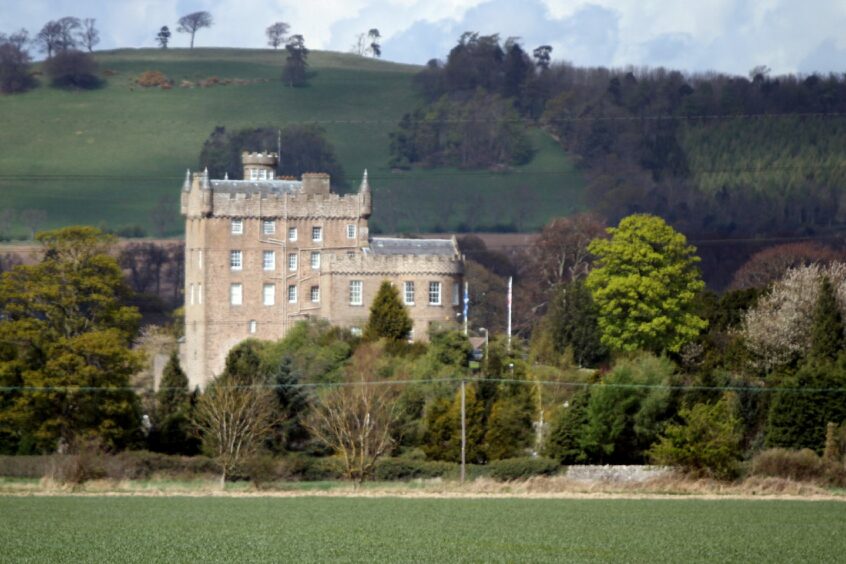
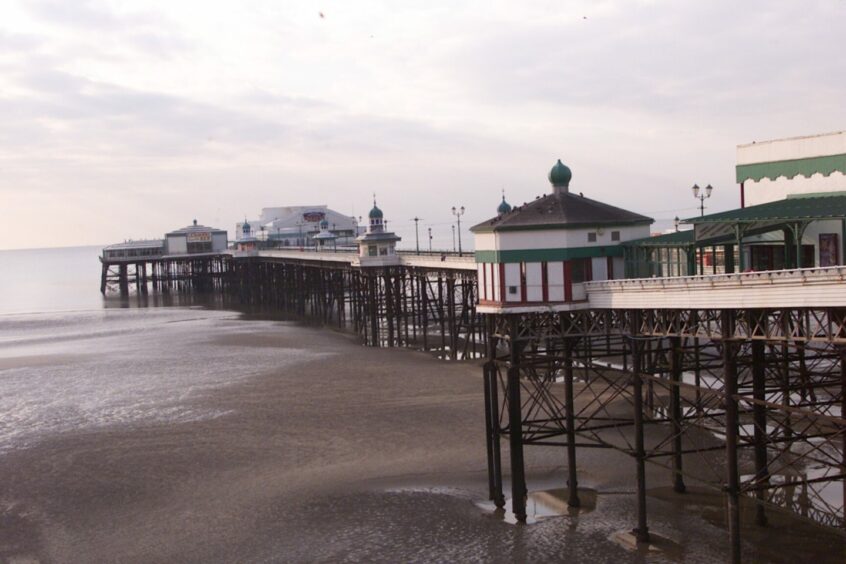
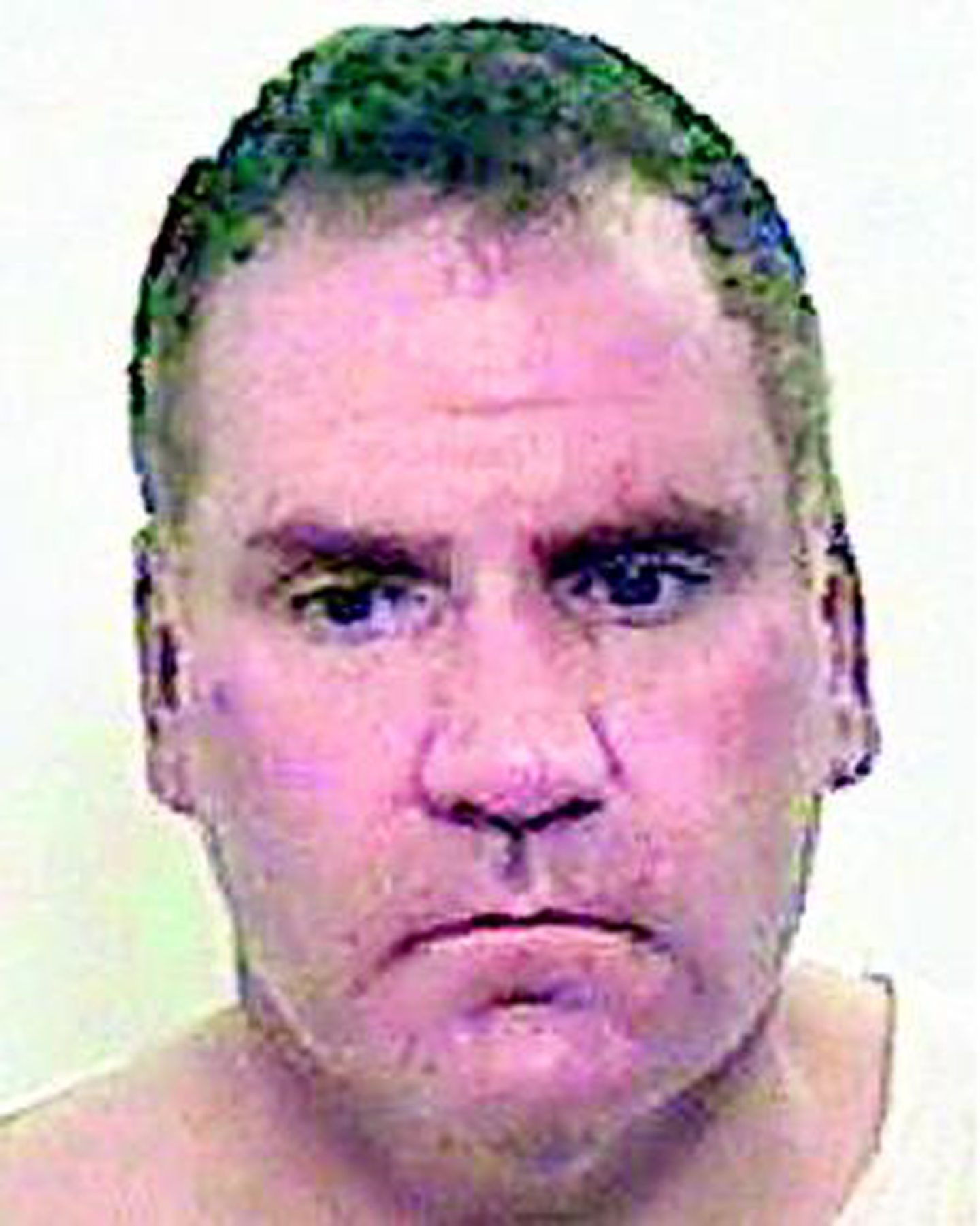
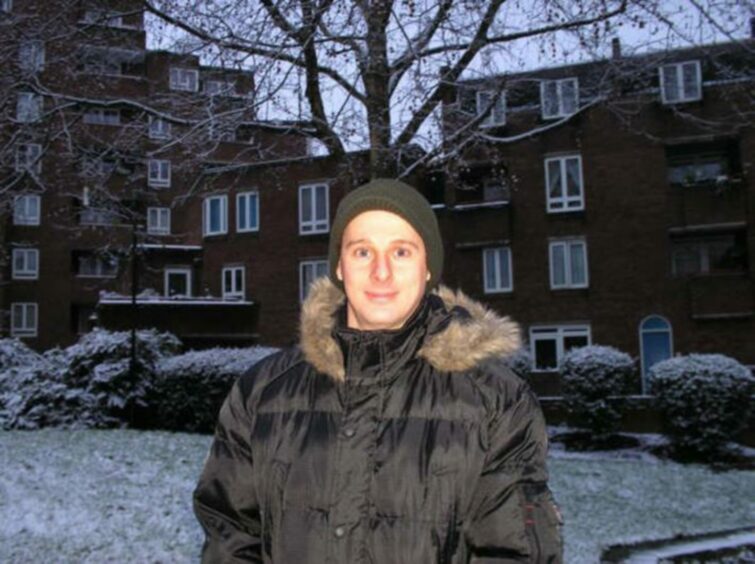
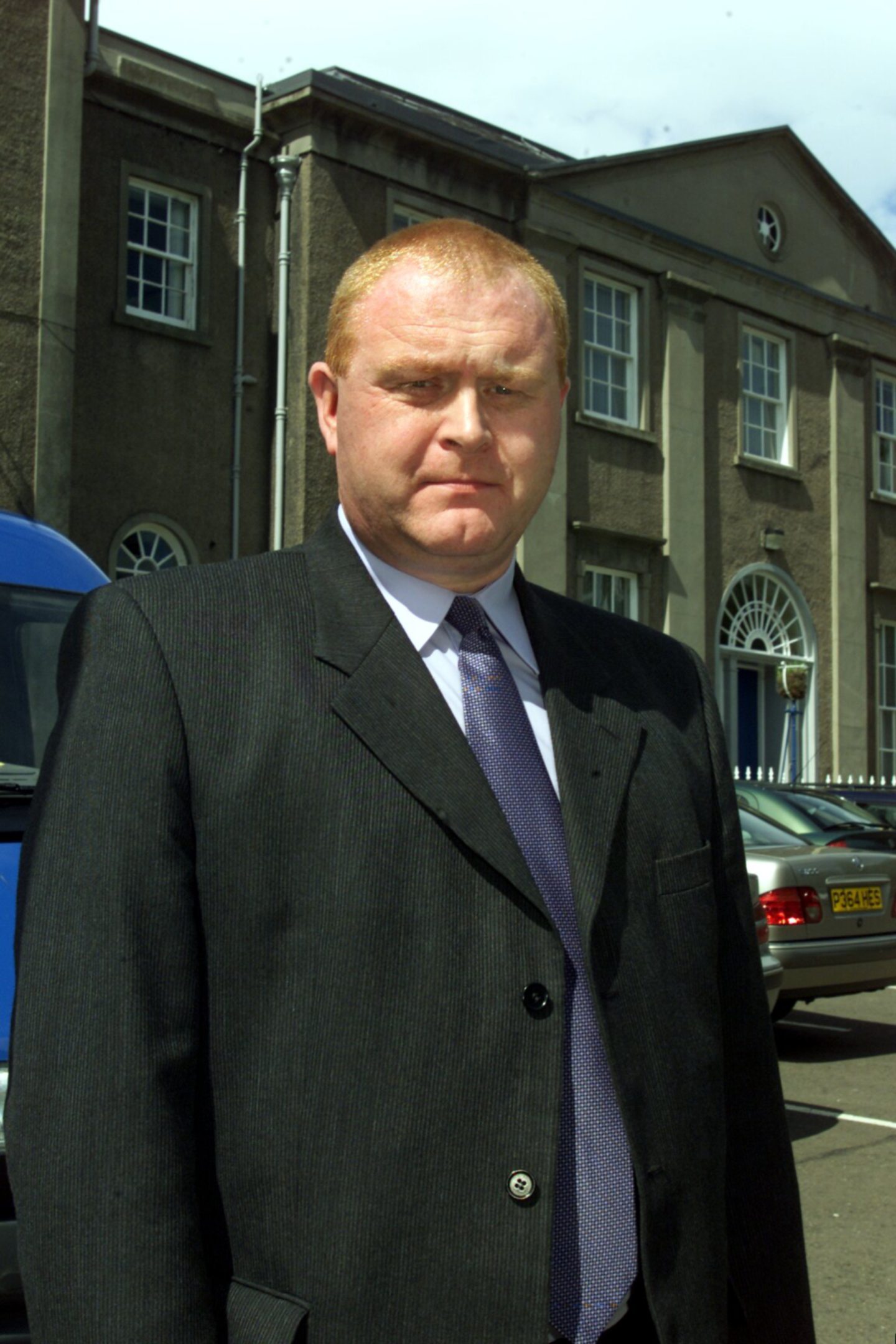










Conversation